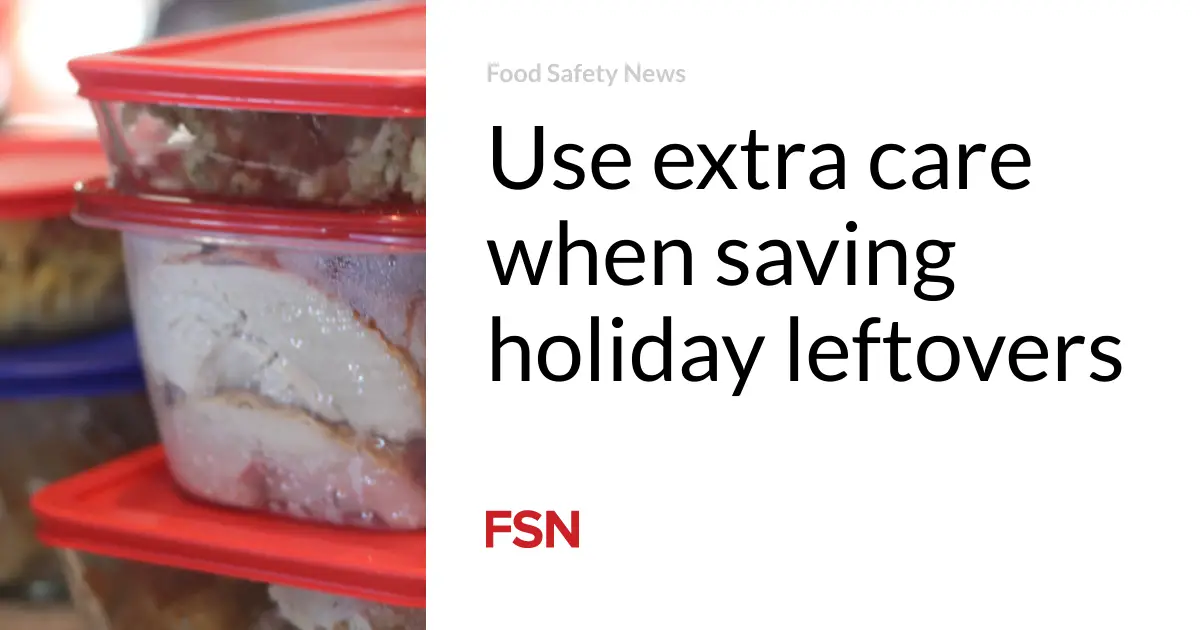I’m a consultant in stroke medicine and spend my life treating people with cardiovascular disease, much of which is directly caused by the tobacco industry. Curtailing the ability of people to smoke in outdoor public spaces represents a vital next step in the denormalisation of smoking (Outdoor smoking ban likely to encourage people to quit, says minister, 30 August). Framing this as an economic issue (for the hospitality industry) or as an issue of individual choice (for smokers) is to make at least two category errors. Both play into the hands of tobacco companies that, to quote a writer in the Lancet, “hold the value of human life in very different regard to most of the rest of humanity”.
Smoking is not an issue of personal choice because smokers are addicted to nicotine. Those who contemplate quitting have to battle the guns of big tobacco, which are ranged against them. Billions are spent in innovative and sinister ways to keep people smoking.
Even if you accept that a smoking ban poses an economic hazard for the hospitality industry, you might hope that we had learned from the “Eat out to help out” fiasco that placing the economic interests of pubs and restaurants above the health of the public might not be an optimal strategy.
Tobacco is unique among the substances that humans use: when used exactly as intended by the manufacturer, it will harm and eventually kill its consumers. It is categorically different from alcohol and other drugs humans use and needs to be treated as such. Denormalising the use of tobacco is necessary to shrink the influence and profitability of an industry that is as lethal as it is amoral.
Dr James Scott
Derby
A ban on smoking in beer gardens is the very last thing that pubs need. It puts more pressure on an industry that’s already on its knees and has been repeatedly attacked by different administrations. During the pandemic, pubs were blamed for spreading Covid, and had harsh trading restrictions forced on them compared with other industries. Now there’s the cost of energy increase and a lack of consumer confidence. The prime minister, instead of seeing the strain the industry is under, has decided to add to the burden and ensure more pubs close.
Alastair Kerr
South-west regional representative, the Campaign for Pubs
A ban is simply a bad idea. The pub where I drink in Sussex has a segregated smoking area where no one has to inhale second-hand smoke. The NHS is on its knees, but not because people smoke in pub gardens. Obesity is a major burden on the NHS, so is the government going to ban the sale of crisps in pubs?
Deterring people from hospitality venues is not going to assist economic growth. Before long, people are going to want to see real deliverables from this government. Of the reported 58% who favour such a ban, how many of them are regular pubgoers?
Nick Jarman
Galway, Ireland
I am always puzzled by the emphasis that the hospitality industry places on smokers. Action on Smoking and Health tells us that 12.9% of adults in the UK are smokers. It would seem commercially sensible to focus on the vast majority of potential customers – those who don’t smoke and probably prefer not to breathe the second-hand smoke of those who do. Kate Nicholls of UKHospitality talks about the prospect of economic harm, but doesn’t consider the possibility of business improving as 87.1% of potential customers look at the prospect of going out without the impact of second-hand smoke on their enjoyment and health.
Ian Dawson
Heywood, Lancashire
The government’s almost evangelical crackdown on smoking contrasts sharply with its attitude to alcohol, which is responsible for more problems. I sat as a magistrate for many years and a huge proportion of offences were directly or indirectly linked to alcohol. But I never heard a defence lawyer plead in mitigation that their client had smoked too many cigarettes.
Robert Lee
Hampton, London
We are delighted to learn of this proposed ban. On several occasions our enjoyment of an alfresco meal has been negatively affected by nearby smokers who perhaps do not realise how offensive it is, let alone being forced to passively inhale their tobacco smoke.
Michael and Pauline Miller
Sheffield








